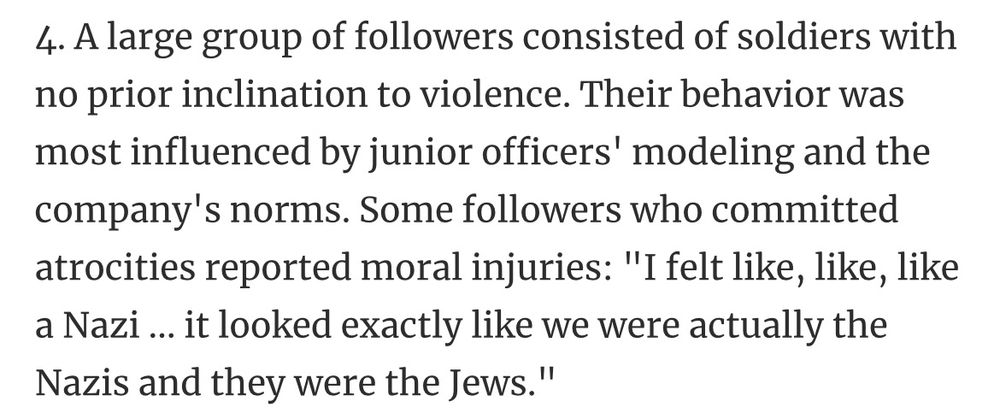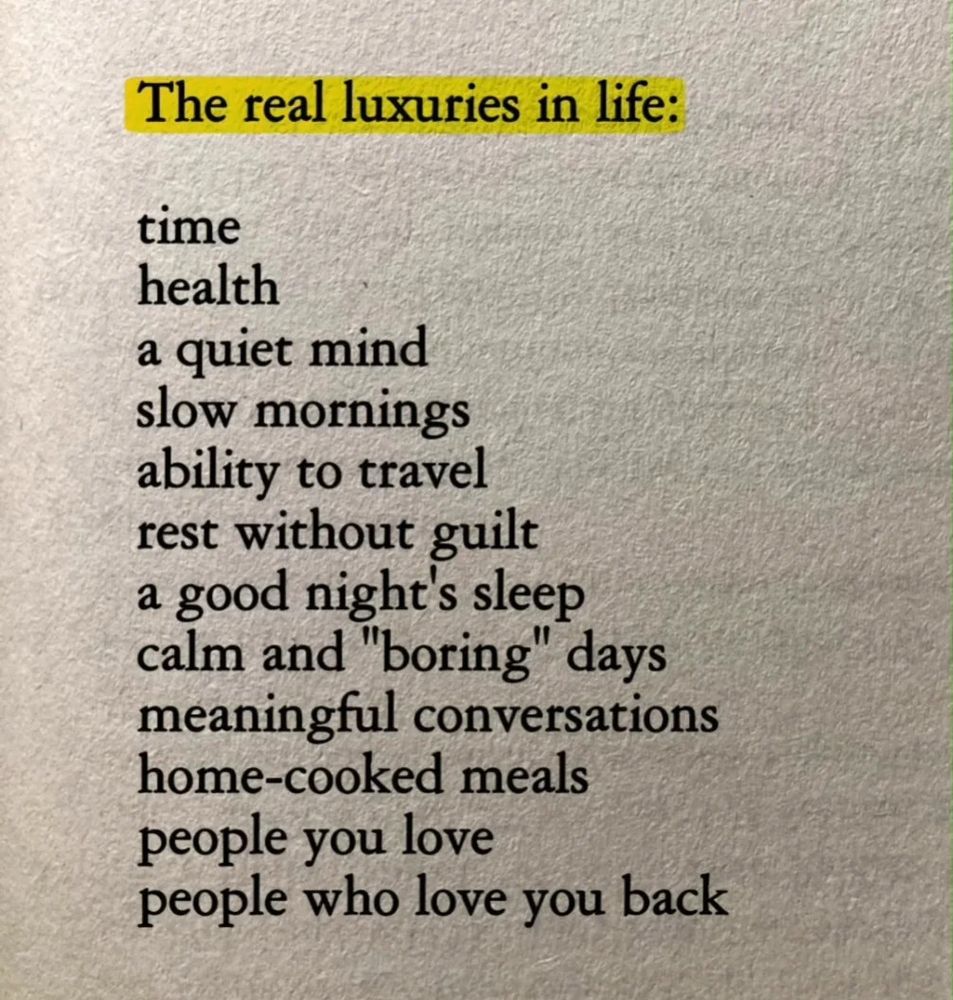


“If you believe…that genetic differences explain why you are smarter than me, then those same genetic differences will cause groups of people like you to be smarter than groups of people like me.”
What does this mean?
“If you believe…that genetic differences explain why you are smarter than me, then those same genetic differences will cause groups of people like you to be smarter than groups of people like me.”
What does this mean?

This is a really good point about how audiences experienced film noir in the 1940s–50s. They weren’t ancient Greeks experiencing catharsis from a tragedy. They were there to enjoy thrills and entertainment.

This is a really good point about how audiences experienced film noir in the 1940s–50s. They weren’t ancient Greeks experiencing catharsis from a tragedy. They were there to enjoy thrills and entertainment.
When I say that human races have existed for thousands of years, that might sound ridiculous to educated people, who say race was invented a few centuries ago.
But like it or not, right or wrong, I think most ordinary people agree with what I said about it.
When I say that human races have existed for thousands of years, that might sound ridiculous to educated people, who say race was invented a few centuries ago.
But like it or not, right or wrong, I think most ordinary people agree with what I said about it.
Like, there were racially white people thousands of years ago, even though the idea of a white race didn’t exist then.
Like, there were racially white people thousands of years ago, even though the idea of a white race didn’t exist then.
Kidnapping and murdering children was NOTHING compared to the absolute monstrosity of other atrocities committed on that day.
Fuck Palestine!

Kidnapping and murdering children was NOTHING compared to the absolute monstrosity of other atrocities committed on that day.
Fuck Palestine!
Anyway, see you around, and also, Fuck Palestine.
Anyway, see you around, and also, Fuck Palestine.
I only hope the lawsuit goes to discovery, so UPenn will have to release statistics on how well their black law students actually rank.
freebeacon.com/wp-content/u...


I only hope the lawsuit goes to discovery, so UPenn will have to release statistics on how well their black law students actually rank.
freebeacon.com/wp-content/u...
In that sense, Hamas certainly did win the war, whatever happens going forward. We will see that clearly, when we see the hostages.

In that sense, Hamas certainly did win the war, whatever happens going forward. We will see that clearly, when we see the hostages.
• Heaven Can Wait (1943)
• Johnny O’Clock (1947)
• The Edge (1997)
Are there more I missed?



• Heaven Can Wait (1943)
• Johnny O’Clock (1947)
• The Edge (1997)
Are there more I missed?
Lubitsch is called “sophisticated”, which means adultery. But now when adultery is no longer risque, “sophistication” doesn’t help. What’s left ain’t funny.

Lubitsch is called “sophisticated”, which means adultery. But now when adultery is no longer risque, “sophistication” doesn’t help. What’s left ain’t funny.
"It tastes like hummus and smells lile hummus, but it isn't hummus!" He complains. "Have mercy on us! Enough sending us cans like this!"
TikTok timestamp: 18 hours ago
#TheGazaYouDontSee
vt.tiktok.com/ZS6PHKrVS/
"It tastes like hummus and smells lile hummus, but it isn't hummus!" He complains. "Have mercy on us! Enough sending us cans like this!"
TikTok timestamp: 18 hours ago
#TheGazaYouDontSee
vt.tiktok.com/ZS6PHKrVS/

There are a few things that didn’t help the book, and there were a couple minor cases where I found his “gloomy prospect” argument unpersuasive. But overall, well-presented and convincing.

There are a few things that didn’t help the book, and there were a couple minor cases where I found his “gloomy prospect” argument unpersuasive. But overall, well-presented and convincing.
I started learning this literally on Christmas Day, so a little late, but whatever.
www.youtube.com/watch?v=l5tr...

I started learning this literally on Christmas Day, so a little late, but whatever.
www.youtube.com/watch?v=l5tr...


1. “Race is a political category” is a highly contested claim among of philsophers of race (almost all of whom are anti-racist).
2. Of course no grouping—race, population, species—“produces” any difference at all because of genetic differences. Sloppy thinking.
3…
1. “Race is a political category” is a highly contested claim among of philsophers of race (almost all of whom are anti-racist).
2. Of course no grouping—race, population, species—“produces” any difference at all because of genetic differences. Sloppy thinking.
3…
I’m not an authority on this. But people should print context
www.haaretz.com/opinion/2024...



I’m not an authority on this. But people should print context




